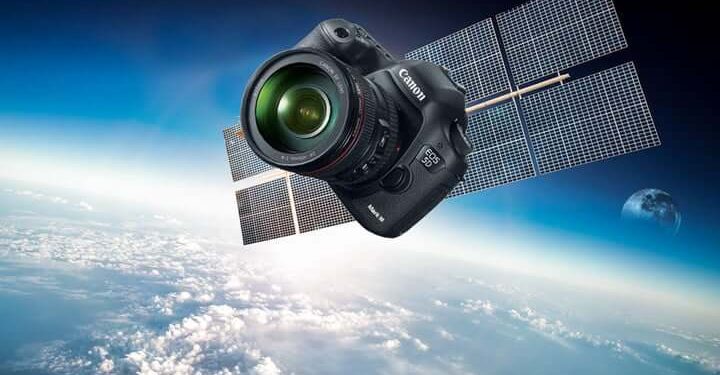Over the years, space observation missions have been rising steadily, thanks to the rapidly evolving technology. The number of satellites in space is increasing yearly, and their applications are also expanding with time. Below, we’ve highlighted all you need to know about space observation. We’ve also detailed how a satellite camera works and how to choose the right one for space and Earth observation purposes.
What is Space Observation?
Space observation refers to the art and science of monitoring the different events and circumstances happening in space. Today, several artificial satellites are equipped with modern cameras, sensors, and communication systems to monitor other planets and the entire solar system.
By monitoring these planets and the different components of the solar system, space observation provides a unique way to gather a wide range of information. These would include data points necessary for weather forecasting, assessing potential environmental hazards, predicting climate changes, and managing natural resources.
That said, space observation wouldn’t have been possible without the rapid advancements in technology. Recent improvements in sensor design, digital electronics, computer and communication systems, and satellite camera technology have seen a constant rise in space observation missions. Out of all these developments, satellite camera systems have seen the most breakthrough.
What is a Satellite Camera, and How Do They Help with Space Observation?
A satellite camera is a specialized device that takes high-quality images from space. In other words, a satellite camera in space is the eyes in the sky that watches over the Earth’s surface and the solar system. These cameras are specifically designed to withstand high temperatures and harsh conditions. Their rugged design allows the lenses and sensors inside the camera to operate for the entire lifespan of the satellite.
In space observation missions, the cameras are attached to the satellite as payloads. They come in varying sizes and shapes to match the size and weight of the satellite. And since most satellites being launched to space are increasingly becoming smaller and more compact, the cameras undergo the same changes. This has made it affordable and easier to launch satellites for Earth observation missions.
According to a report by Statista, the global space economy was valued at around 424 billion US dollars in 2019. This is expected to grow even further in the coming years as there’s a widespread need to use space-based technology for developing internet infrastructure. With all these developments, the satellite camera market will boom as they are the key elements needed for space observation and communication.
Satellite Camera Types and How They Work
The types of cameras attached to any satellite vary depending on their specific use. Satellites designed for Earth observation will feature a varying set of cameras. The type of satellite camera will often depend on the distance it is located from the Earth’s surface. Some distinguishing factors include the type and quality of lenses, the resolution quality, and advanced design features.
Most cameras used for space observation can be modified for varying spectral ranges, i.e., from ultraviolet to infrared beams. That said, these cameras have sensors that make it possible to draw some imagery on a monitor. Here, the sensors send to radio, thermal or infrared signals in a digital format, allowing specialized software to draw a corresponding image.
These cameras also fall into either of three satellite imagery types:
- Panchromatic – images are in black and white but can also be turned into DEMs or digital elevation models.
- Multispectral – images are in three or more bands. For example, the three-band RGB (Red, Green, and Blue) records only visible light or RGBN (the last letter stands for near-infrared light). Multispectral images are more detailed and offer a wide range of information than panchromatic images.
- Hyperspectral – images are in a narrow set of bands and are more detailed than panchromatic and multispectral images. They are used for more detailed and advanced applications.
How to Choose the Right Satellite Camera?
Now that you know how satellite camera works, the next step is to choose the right type for your space observation needs. Some of the factors you always want to consider are the satellite camera quality, the size and design consideration, plus the camera resolution.
That said, choosing the right satellite camera for space observation all narrows down to your unique needs and expectations. Whether you need a satellite camera for Earth observation or special space missions, you’ll always find one that meets your needs.
If you have any questions or comments concerning space observation and the use of satellite cameras, do share your thoughts in the comments sections below.
Follow Techdee for more!





